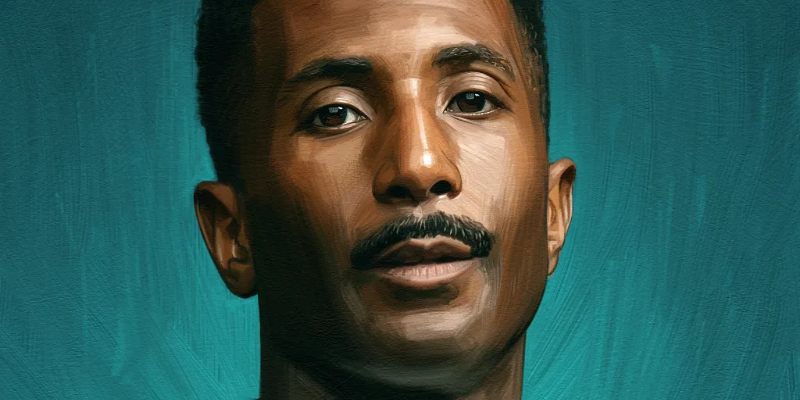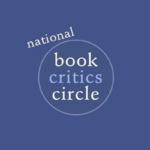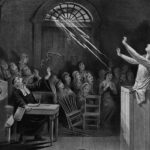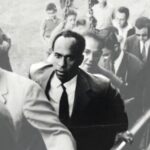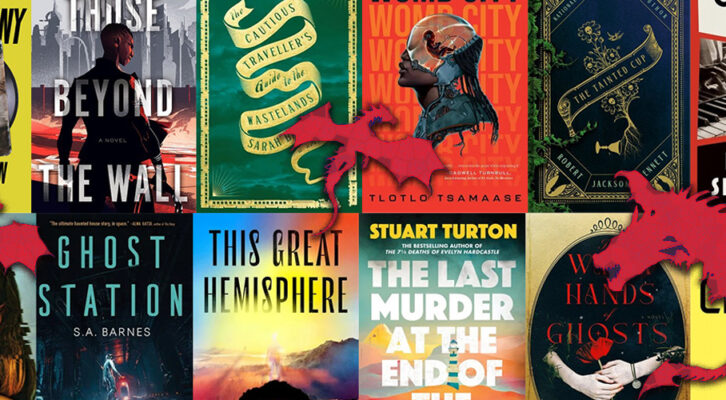Wesley Morris on the Disappearing Middle
This Week on the Talk Easy Podcast with Sam Fragoso
Illustration by Krishna Bala Shenoi.
Talk Easy with Sam Fragoso is a weekly series of intimate conversations with artists, authors, and politicians. It’s a podcast where people sound like people. New episodes air every Sunday, distributed by Pushkin Industries.
*
Wesley Morris has served as critic at large at The New York Times since 2015, covering film, politics, and pop culture. He joins this week to discuss this year’s Academy Award nominations.
At the top, we discuss the omission of Greta Gerwig from the Best Director category, former Secretary Clinton on Barbie-gate, the ‘perversely effective’ nature of Killers of the Flower Moon, and the ways in which Bradley Cooper’s Maestro upends the traditional biopic. Wesley then reflects on his early adventures in moviegoing, the indie film boom of the late ‘90s, the rise of the Marvel Cinematic Universe, what the Best Picture nominations of 1988 can tell us about 2023’s slate, and the erosion of the ‘middle’ across film and culture.
In the back-half: Todd Haynes’ beguiling new film May December, Ava DuVernay’s Origin, the Academy’s fraught relationship to diversity, the function of Wesley’s work in 2024, and a reading of his moving, personal review about Alexander Payne’s The Holdovers.
Subscribe and download the episode, wherever you get your podcasts!
From the episode:
Sam Fragoso: What we’ve lost is the ‘middle’ of movies, the drama or comedy that has no great aspirations. It was not made to win or be nominated for awards. I want to try to unpack how—and why—we’re here. Do you see any parallels between the decline in film criticism with the decline in filmmaking? Did one precipitate the other?
Wesley Morris: Well, that’s a more complicated proposition, because the decline in film criticism is related to the decline of periodicals where film criticism thrived. I think the two things are related but not necessarily causal of each other. I do, however, think that in the last fifteen years, there’s been a sort of downgrading of what a review can do and should do. You know, there’s this tension between coming up with a review—liking something a lot, they love that—or really panning something. When I worked at The Boston Globe, for instance, we gave things stars. If I was like, “Killers of the Flower Moon: two stars” that would have superseded anything I would have necessarily wrote about it. That middle place, the middle of moviemaking is gone, a kind of mixed criticism… people have lost patience for that. That a movie can’t have things that work and don’t work. The disappearance of the middle— there are so many middles that have disappeared. Middle ground, middlebrow, middle class. There’s either, or. There’s very little room for not even debate and disagreement, but just complexity. I find it really interesting that none of the ten nominees on this Best Picture list include May December. Did you see that movie?
SF: I love it.
WM: Yeah, I did not the first time I saw it. Then I went and saw it again, and was like, “What was my problem?” I saw it the next day. That’s a movie that has so much going on. It’s so of a piece with where we are right now. It’s not telling you what it’s doing or how it’s feeling or what it even is. It’s like the weird touchless-ness of Todd Haynes, even though there is so much touching in this movie— the music is touching, the butterfly metaphors are touching you. His fingerprints are all over this thing, but it still feels like the hand guiding it is completely invisible and these characters are just doing whatever it is that they’ve been set on this earth to do. To sit down and talk about this movie and what is happening here… it is really deep and really satisfying to unpack it or argue with people about it. Like, I leave a movie and do not trust my response to it. And in the case of May December, I just went the next day and saw it again. It was like seeing something dead come to life right before your eyes. I found that expansion of my mind exhilarating.
__________________
Sam Fragoso is the host of Talk Easy with Sam Fragoso, a weekly series of conversations with artists, activists, and politicians. His writing has appeared in The Atlantic, Vanity Fair, and NPR. After conducting seminal interviews with icons like Spike Lee, Werner Herzog, and Noam Chomsky, he independently founded Talk Easy in 2016.

